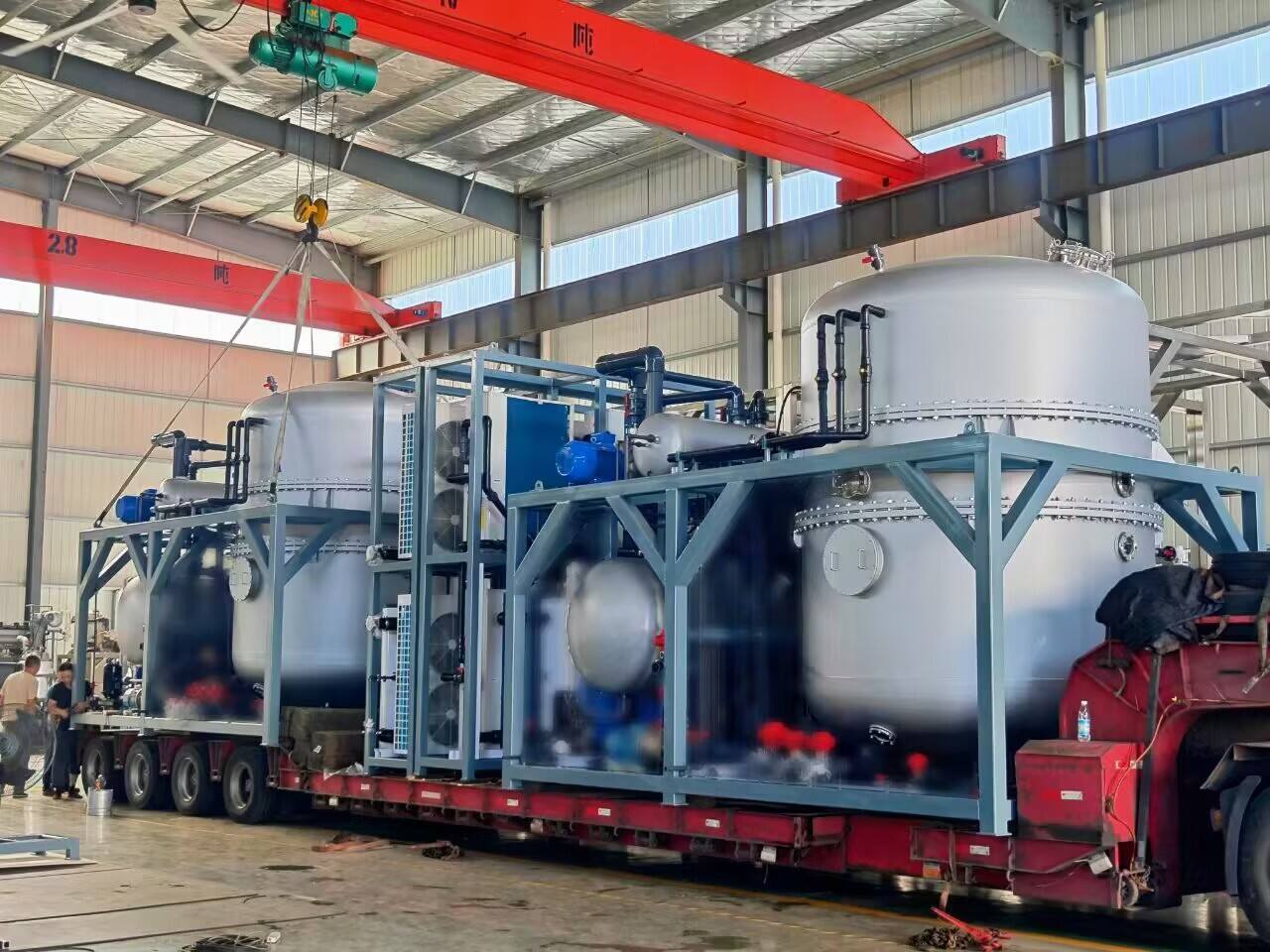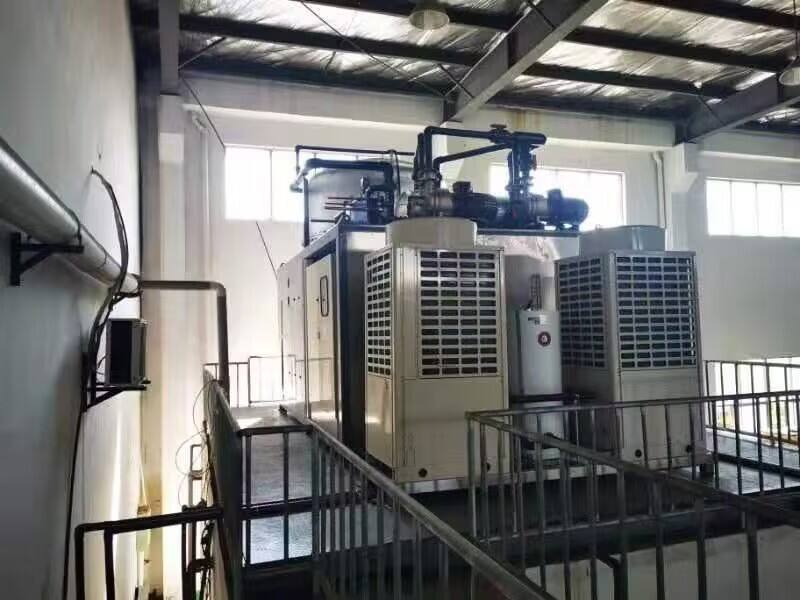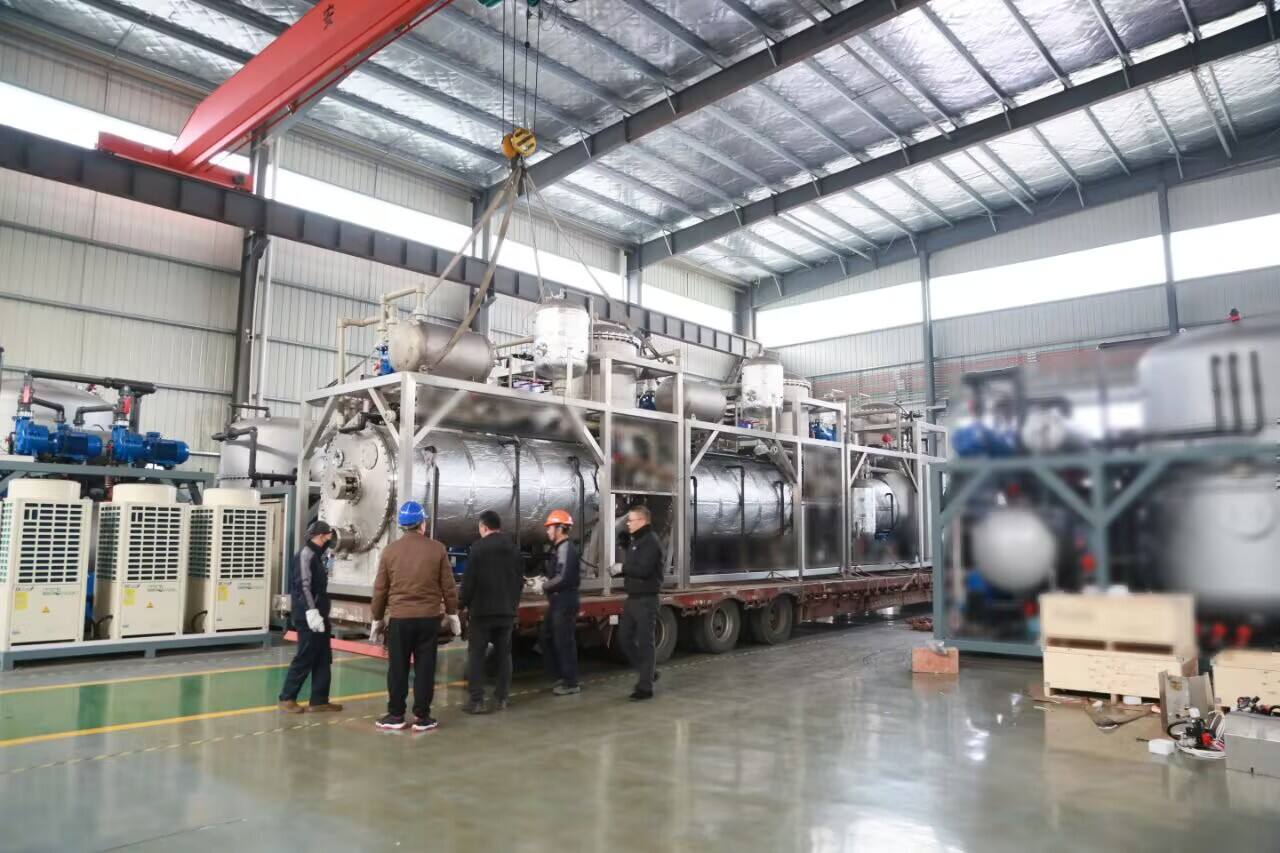water and wastewater treatment equipment
Water and wastewater treatment equipment represents a comprehensive solution for purifying and processing both potable water and contaminated wastewater. This advanced equipment integrates multiple treatment stages, including preliminary screening, primary settling, biological processing, and final clarification. The system employs cutting-edge filtration technologies, such as membrane filtration, reverse osmosis, and UV disinfection, to remove contaminants, pathogens, and unwanted substances. These units are designed to handle varying capacities, from small-scale residential applications to large industrial operations, ensuring consistent water quality output. The equipment incorporates automated monitoring systems that continuously assess water quality parameters, adjusting treatment protocols in real-time for optimal performance. Modern treatment systems also feature energy-efficient components and sustainable processing methods, minimizing environmental impact while maximizing treatment effectiveness. The versatility of these systems allows for customization based on specific input water quality and desired output specifications, making them suitable for municipal water treatment, industrial processes, and environmental remediation projects.


